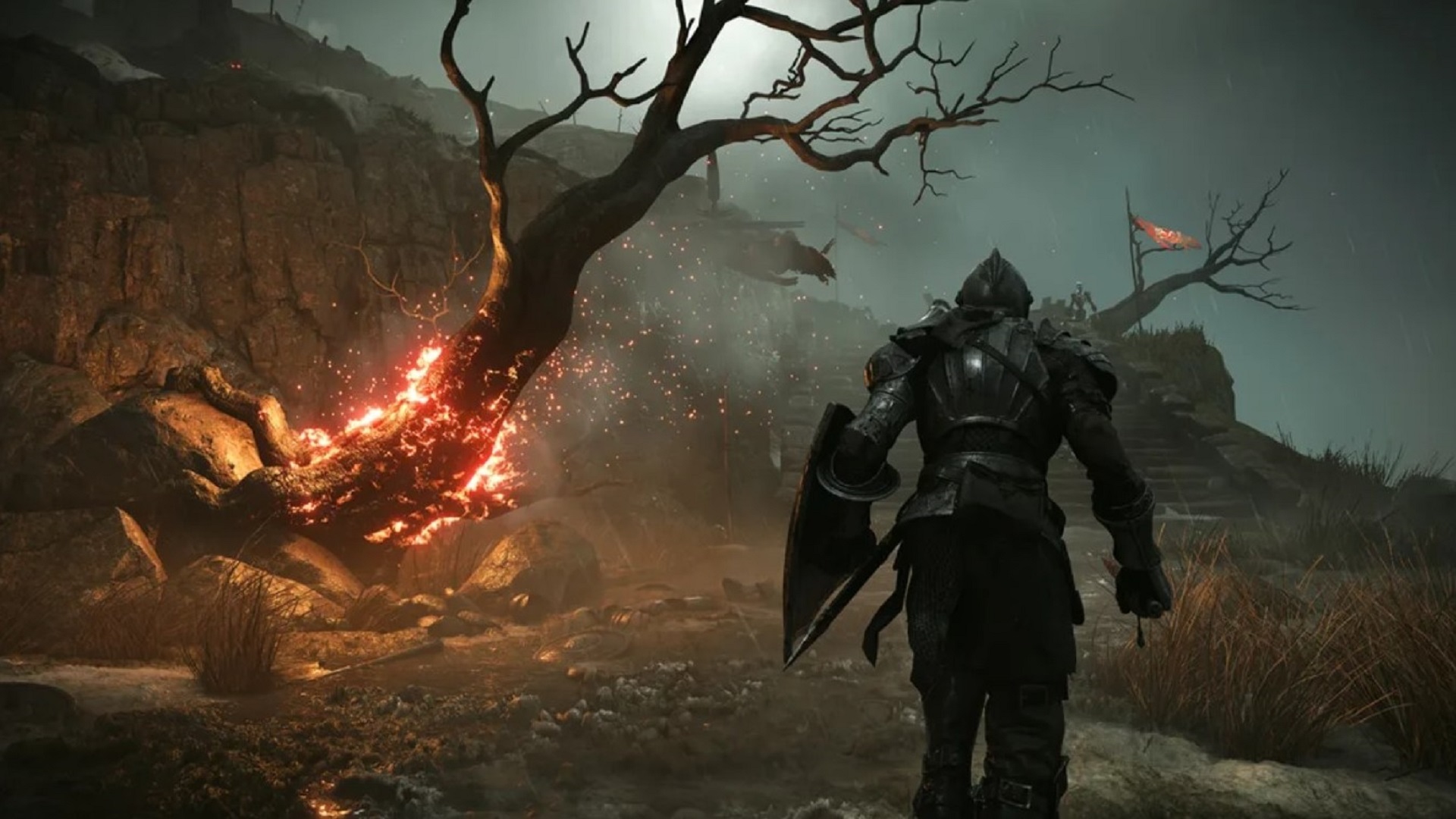Do Higher Prices for PS5 Games Make Sense?
Video games are fun and there’s a place for just about every type of person in the medium to find games that they like, and that speak to them. It’s been that way for a long time now as the industry continues to allocate resources to more and more projects and grow. However, there have always been some barriers as well. A moderate understanding of technology that not everybody has, a certain amount of free time that games certainly require, and of course, at least some disposable income.
With consoles costing $400-$500, decent controllers no less than $40 or $50, and modern TVs that are able to take advantage of what games are even displaying, easily getting up to and over a grand, games are nothing if not a luxury hobby at this point. Those who play more than a handful of games a year easily spend several hundred dollars, if not several grand, on the hobby annually. Hardcore collectors can go even further than that on a regular basis. All that being said, with many of the massive game publishers that define the industry as well as those who head up the companies that make the consoles recently advocating for a price hike of $10 bringing the average triple-A game up to $70 in North America, many gamers are finding themselves anywhere from puzzled to a little irritated with that decision.
Nobody likes a price hike, even if it’s justified. Charging more for the same thing has a way of raising eyebrows that few things do. But with the debate about whether or not it will happen seemingly over at this point, the debate about whether or not it should have rages on. It’s worth asking if this is even justified or necessary at all.
One thing that has definitely gone up since the $60 standard triple-A game price was established about 15 years ago is the cost of developing those big-budget games, which is of course the fastest growing sector of games, and easily the most profitable. But wait- if it’s as profitable as it is, then why do they need more money? That is a very valid question that I don’t see asked nearly enough so I’ll ask it here. Why? The past few years have been extremely profitable for Activision, Take-Two, and Sony. With all of these companies breaking many of their own records at the end of the fourth quarter of 2019, and on track to do the same for the end of 2020 by the hundreds of millions, it can be tough to see where exactly the need for a price increase comes in.
There are very few examples of these big publishers not raking in record profits but still being highly profitable nonetheless. There’s nothing wrong with being profitable mind you, even to such a degree, but again, where exactly does the need for another $10 for every game come in? How is it justified? Inflation is definitely a thing, and it does, by definition, gradually drive up the cost of basically everything, but with an industry with so much profit to go around, why exactly do these companies need to charge even more for their product at this time?
This is a question that I’ve struggled to find a coherent answer to from those that are in control of the price hike itself. It’s easy to find somebody on the internet advocating for the wonders of unfettered capitalism, but a specific answer for this specific question with all of these specific characteristics of this situation is an entirely different story. Given that we do have plenty of instances of executives floating the idea of a price hike for a long time, even they realize the idea’s unpopular nature, all any reasonable person is left to surmise is that game publishers simply want more money and they think they can get it.
All of that being said, it’s also worth considering that even at $70, games are not exactly breaking new ground in terms of price compared to the value of the dollar. If you were to pull enough money out of your gaming budget to buy a time machine and go back to 1977, you would see that the Atari 2600 cost $199 back then, which is over $800 if you adjust for today’s inflation. Games for the system were generally around 40 bucks, which is well over $100 in today’s money. Imagine spending enough money on games to essentially be able to afford the absolute most expensive limited collector’s edition of every game you bought. Well, that’s basically what people had to do back in the late 70s.
In fact, relative to inflation, all games for all major video game consoles were far more expensive than they are today until you get to when they were $60. If you couple all of that with the highly-popular collector’s editions and ultimate editions that easily run over $100 for extra bells and whistles, you end up with a better grasp of how much games are really costing people today compared to how much they used to, and that it, overall, isn’t anything we haven’t seen before -at least on paper, and at least in a vacuum. Having that context is important and useful, but the question isn’t if they were ever more expensive. The question is- is the current price hike justified? Understanding that they used to be more expensive does not answer that question.
Also, something that the effect of inflation doesn’t take into account is the state of the global economy on the whole. We are now in a place where the average cost of living is much higher compared to the average income than it has ever been.
For an industry with as much long-term sustainability, favorable economic outlook, and record-breaking profits as the game industry has, I’m struggling to see exactly where another price hike of any sort is even remotely justifiable… much less necessary. It may be perfectly legal and it may be relatively unremarkable compared to historical prices if you compare them in a vacuum, but when you consider the entire picture at once, in context with today’s economic situation and the industry’s undeniable profitability, a reasonable justification for raising the prices of the product is hard to find.
Game publishers definitely don’t need the money in order to continue to exist, and given that their profit margins continue to get fatter year-over-year, they also clearly don’t need it in order to continue making impressive games. I could be wrong, but given that none of the many companies and CEOs that stand to benefit from the price hike have ever bothered to really explain all the nuts and bolts of exactly why they need that extra money, it doesn’t look like they do.
If there is a compelling, reasonable case to be made for a price hike, they should make it instead of just generally referring to the cost of development going up, which, we can all see, could potentially be totally offset by their steadily increasing profits. There’s nothing stopping them from explaining why their record profits aren’t enough to cover rising development costs, but they haven’t. And that, alone, should tell you just about everything you need to know.
Note: The views expressed in this article are those of the author and do not necessarily represent the views of, and should not be attributed to, GamingBolt as an organization.
* This article was originally published here


Comments